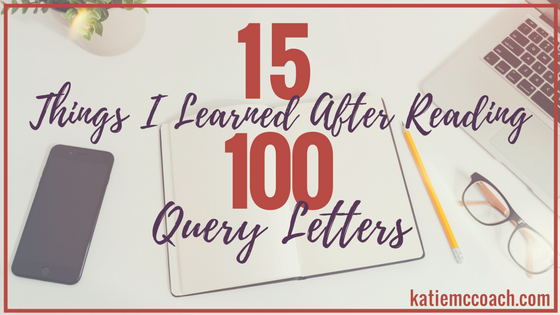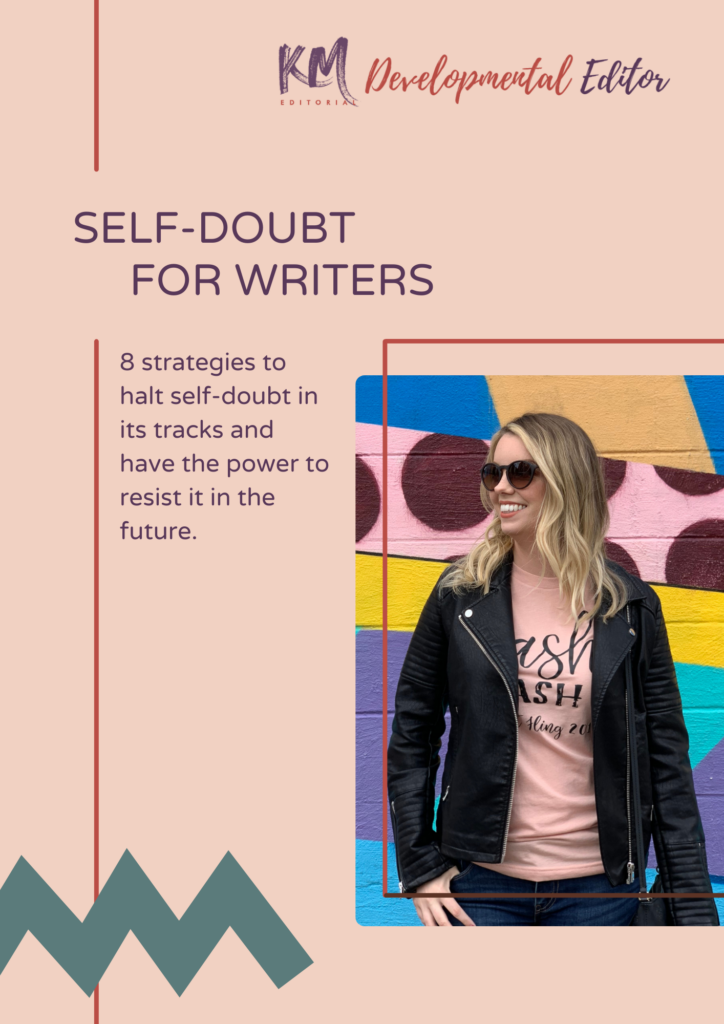A few weeks ago was the submission review period for the annual RevPit contest. During this review period, each editor has one week to review submissions from authors in order to make their final pick to work on one manuscript for the next five weeks. The contest allowed one submission per author/manuscript, and each editor received up to 100 submissions. Guess how many I received? The full 100. So, it was a busy week to say the least. Each submission included one query letter from the author, answers to a few questions to get to know the author better, and the first five pages (up to 1500 words) of the author’s manuscript.
If you’re into math, that’s about an average of 50k words I read in query letters, and 150,000 words in first pages. This doesn’t count the synopses I read, additional pages of books I requested in my top picks, or the re-reading of submissions I did throughout the week.
There’s a lot a person can learn by reading 100 query letters and 100 opening pages.
In this article, I’m going to share with you 15 things I learned after reading 100 query letters, and next month I’ll focus on what I learned after reading 150,000 words in opening pages. Here are your do’s, don’t’s, mistakes, successes, patterns, what makes a query POP, and what makes a reader cringe.
- A good hook line can pull a reader in, but a satisfying twist at the end of the query is a seller.
- Remember, every story has been told before. It’s important to show why your version is unique. That could be because of a twist on a trope or the voice of your MC.
- Stakes are everything.
- “Voice” is convincing. It gives insight into the writer’s style—what we can expect in the writing.
- A query letter is not a synopsis. It’s a pitch.
- COMPS can be gold, and gold is always valued. What are COMPS? These are comparable titles to your book. For example: My WIP is Harry Potter meets the Hunger Games. Or, my WIP would appeal to fans of Suzanne Collins and JK Rowling. (But please don’t use these specific examples in your work—comps that are too popular are harder to sell).
- Including genre and audience is essential. Don’t make the reader guess.
- It’s important you know the word count that is appropriate for your genre. For example, do not pitch a young adult fantasy at 30,000 words. Or a middle grade book at 90,000. Know the parameters.
- It’s awkward when word count isn’t rounded up. If your WIP is 65,879 words, be sure to list it as 66,000.
- Reader confusion is the death of a query. If there are a lot of elements in your novel, stick to the ones that hit the main character’s journey. Make sure the query has a natural flow. Say if it’s dual-POV or if there are 5 POVs, even if not every character can be addressed in the query. If the query is confusing, the reader will assume the writing will be too.
- Pitching a story the receiver specifically said they did NOT want gives you the worst odds. Don’t put yourself in a position to fail from the start. (About 10% of submissions I received did this).
- A strong book title is convincing. And, a poor title choice can be misleading. Don’t use a title on your adult romance that sounds like a middle grade fantasy book (yes, I’ve seen this). Research title options. Pick something that’s new and easy to remember. Capture the vibe of story or hit the audience market. Also, one word titles are tough.
- Personal preference is a real thing. The best writing may just not be what that person is looking for at the time.
- Rejection doesn’t mean you should give up.
- And lastly, remember that a good query opens the front door, but having opening pages that live up to it—or go beyond it—is the key to being invited in. Stay tuned as we discuss this in the next article!
If you can, I highly recommend doing this exercise yourself. Review 100 query letters: check out successful samples on sites like AgentQuery and QueryShark. What patterns do you see?
Find me on Twitter and let me know what you thought of this article: @katiemccoach Let’s grow #yourbeststory.
When you sign up for the KM Editorial monthly newsletter you’ll receive a free downloadable Guide to Getting Published.



 Download your free copy of these 8 tried-and-true strategies to stop self-doubt and imposter syndrome as a writer. And, build the power to resist it in the future.
Download your free copy of these 8 tried-and-true strategies to stop self-doubt and imposter syndrome as a writer. And, build the power to resist it in the future.
Trackbacks/Pingbacks